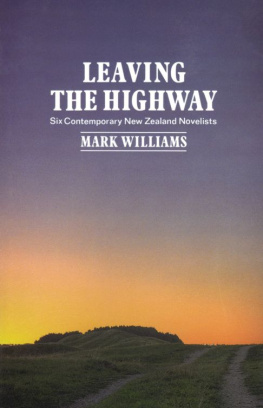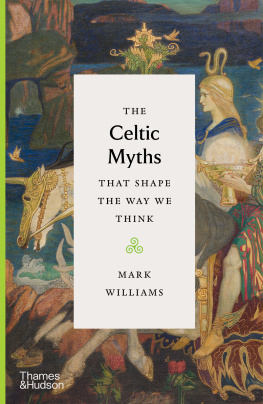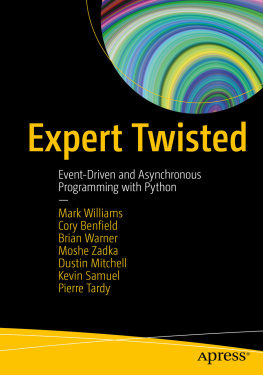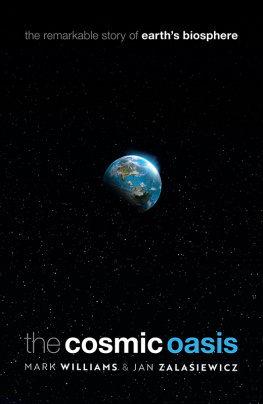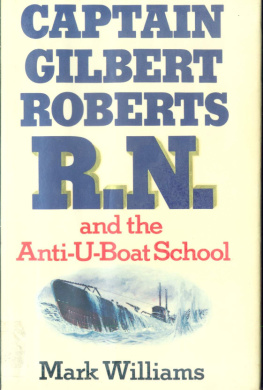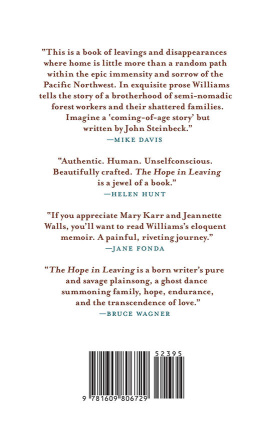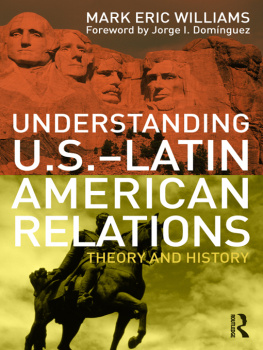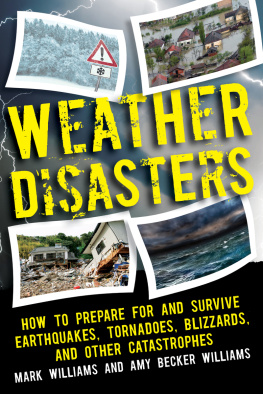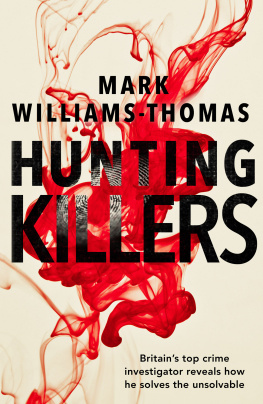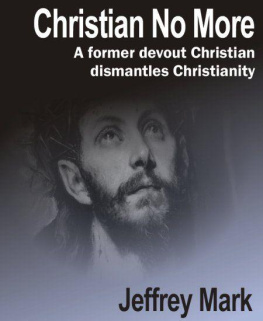Mark Williams - Leaving the Highway
Here you can read online Mark Williams - Leaving the Highway full text of the book (entire story) in english for free. Download pdf and epub, get meaning, cover and reviews about this ebook. year: 2012, publisher: Auckland University Press, genre: Art. Description of the work, (preface) as well as reviews are available. Best literature library LitArk.com created for fans of good reading and offers a wide selection of genres:
Romance novel
Science fiction
Adventure
Detective
Science
History
Home and family
Prose
Art
Politics
Computer
Non-fiction
Religion
Business
Children
Humor
Choose a favorite category and find really read worthwhile books. Enjoy immersion in the world of imagination, feel the emotions of the characters or learn something new for yourself, make an fascinating discovery.
- Book:Leaving the Highway
- Author:
- Publisher:Auckland University Press
- Genre:
- Year:2012
- Rating:5 / 5
- Favourites:Add to favourites
- Your mark:
- 100
- 1
- 2
- 3
- 4
- 5
Leaving the Highway: summary, description and annotation
We offer to read an annotation, description, summary or preface (depends on what the author of the book "Leaving the Highway" wrote himself). If you haven't found the necessary information about the book — write in the comments, we will try to find it.
Leaving the Highway — read online for free the complete book (whole text) full work
Below is the text of the book, divided by pages. System saving the place of the last page read, allows you to conveniently read the book "Leaving the Highway" online for free, without having to search again every time where you left off. Put a bookmark, and you can go to the page where you finished reading at any time.
Font size:
Interval:
Bookmark:
For my parents, Cliff and Eileen
Leave the highway just past a store
almost opposite this shortcut through the gorge.
You want to bear west beyond the store,
back of the district high school. As you go
you raise an abandoned church (which is here)
with a small marae. Shortly, the river.
Follow its bank for a bit, until
a farmers yard, between the cowbail and pigpens.
So drive slowly. Youll need to.
The map says the road ends there. Not true.
KENDRICK SMITHYMAN , Reading the Maps An Academic Exercise


This book is a critical study of six major contemporary New Zealand novelists: Janet Frame, C. K. Stead, Maurice Gee, Witi Ihimaera, Ian Wedde, and Keri Hulme. Primarily it is a study of the current formal directions of fiction in this country. But it also seeks to understand the ways in which a deep-seated unease about New Zealands cultural situation is finding expression in the novel.
The book consists of an introductory chapter sketching the literary-cultural context of the late 1970s and 1980s; six chapters on the individual novelists each focusing on one or two major novels; a conclusion which attempts some generalisations about the condition of and directions for New Zealand literature in terms of those particular novelists.
It might be asked why these six novelists were chosen and not a number of other prominent New Zealand novelists. To many readers Maurice Shadbolt, Patricia Grace, and Fiona Kidman have as great a claim to being considered major as those who have been selected. I settled on Frame, Stead, Gee, Ihimaera, Wedde and Hulme because they seemed to me the main forces in the field in whose work the range of possibilities of contemporary New Zealand fiction was best concentrated . These novelists seemed to me to have extended the tradition of New Zealand fiction. All had moved beyond realism without abandoning it altogether; all had struggled to forge a more complex realism. Moreover, these were the novelists to whose works I found myself returning again and again with the sense that they had not been exhausted by my previous readings. Even the flaws I found in their performances as writers seemed part of the scope and ambition of their undertakings. Above all, their work was pertinent to several related questions which lie at the centre of this books attention :
What are the relations of contemporary novelists to their significant New Zealand precursors?
What does it mean to talk about a New Zealand tradition in the novel?
Has there been over the last decade a break with the longstanding tradition of social realism derived from Frank Sargeson?
If so, where are the transforming energies of current New Zealand fiction to be found?
What bearing do the current cultural disputes about race, language and belonging have on contemporary New Zealand novelists?
Since the middle of the nineteenth century the question of national identity has been a continual problem to which New Zealand writers from Thomas Bracken to Keri Hulme have offered various solutions, both affirmative and negative. But at no time since the 1930s has fiction in this country been so directly involved with crucial and unresolved questions of national self-definition and evaluation as was the case in the late 1980s. In the various and vigorous engagements of these writers with previous New Zealand writers, with the English language in the forms it has taken in this country, with the two main cultural traditions that have taken root here, and with the general literary inheritance of the English-speaking peoples, we find the extent and the limits of our common world as citizens of a country still in the making.
A number of people were helpful in the writing of this book. Elizabeth Caffin at Auckland University Press gave invaluable guidance on its scope and shape. Ken Arvidson, John Jowett, and Kirsty Cochrane, my colleagues in the English Department at the University of Waikato , and Susan Ash at Auckland University read parts of the work and offered encouragement and advice. Alan Riach, who was visiting Fellow in the English Department, and Trevor Burnard, who lectured in the History Department during 1989, read early drafts and made detailed comments. Gregory OBrien, as always, was a source of ideas and encouragement. My wife, Kathryn Rountree, once again, supported , advised, and encouraged me.
I also wish to thank the University of Waikato Research Committee , which generously supported the work with a grant.
Some of the ideas in the book were developed in a number of articles published during 1988 and 89. I wish to thank the editors of JournalofNewZealandLiterature,Island (Tasmania), Meridian,Span, and Kunapipi for permission to adapt the material.

it was all very well for the Empires dairy farm to be momentarily annihilated, but I could not help being suspicious of the involuntary romantic images of tropical islands and palms that it was immediately replaced by.
FRANK SARGESON , OnceIsEnough
I N a now famous review of the 1985 PenguinBookofNewZealandVerse edited by Ian Wedde and Harvey McQueen, C. K. Stead takes Wedde to task for claiming in his introduction that the book is the first Penguin anthology anywhere in the post-colonial world to include quantities of poetry in an indigenous language.
Steads response to this is to assert the centrality of the British and European culture, which is my particular inheritance and which has become also a part of the inheritance of most who are of Maori blood. Moreover, he adds, the idea that our hold [on that inheritance] is secure, or that we go on possessing it without effort and vigilance, seems to me false and dangerous. When Stead points out that the English tradition includes Shakespeare, the English Bible, the Romantic poets, Dickens, Melville, Henry James, and so on up to the great moderns, Eliot lays a much greater stress on the force of Christianity in that heritage than Stead does. But for both, tradition means the primal allegiance owed by writers in all those countries that have come under European influence to the general European high-cultural legacy.
We find here a difference about the meaning of the term tradition which goes to the heart of a current debate about the condition, direction, and priorities of New Zealand culture. Much of the argument about cultural identity in this country rests on a conflict between a sense of tradition which would preserve the essential links of white culture to its European past and an opposing post-colonial sense which would purge local writing habits of Eurocentrism and privilege the indigenous tradition that is considered more appropriate to a Pacific country.
The trouble is that both these understandings of tradition, in the terms in which they have generally been advanced in this country, are limiting because they restrict the sources of knowledge that are available to writers. In the Introduction to his SixPlays the Nigerian writer, Wole Soyinka, states:
Theres no way at all that I will ever preach the cutting off of
Font size:
Interval:
Bookmark:
Similar books «Leaving the Highway»
Look at similar books to Leaving the Highway. We have selected literature similar in name and meaning in the hope of providing readers with more options to find new, interesting, not yet read works.
Discussion, reviews of the book Leaving the Highway and just readers' own opinions. Leave your comments, write what you think about the work, its meaning or the main characters. Specify what exactly you liked and what you didn't like, and why you think so.

